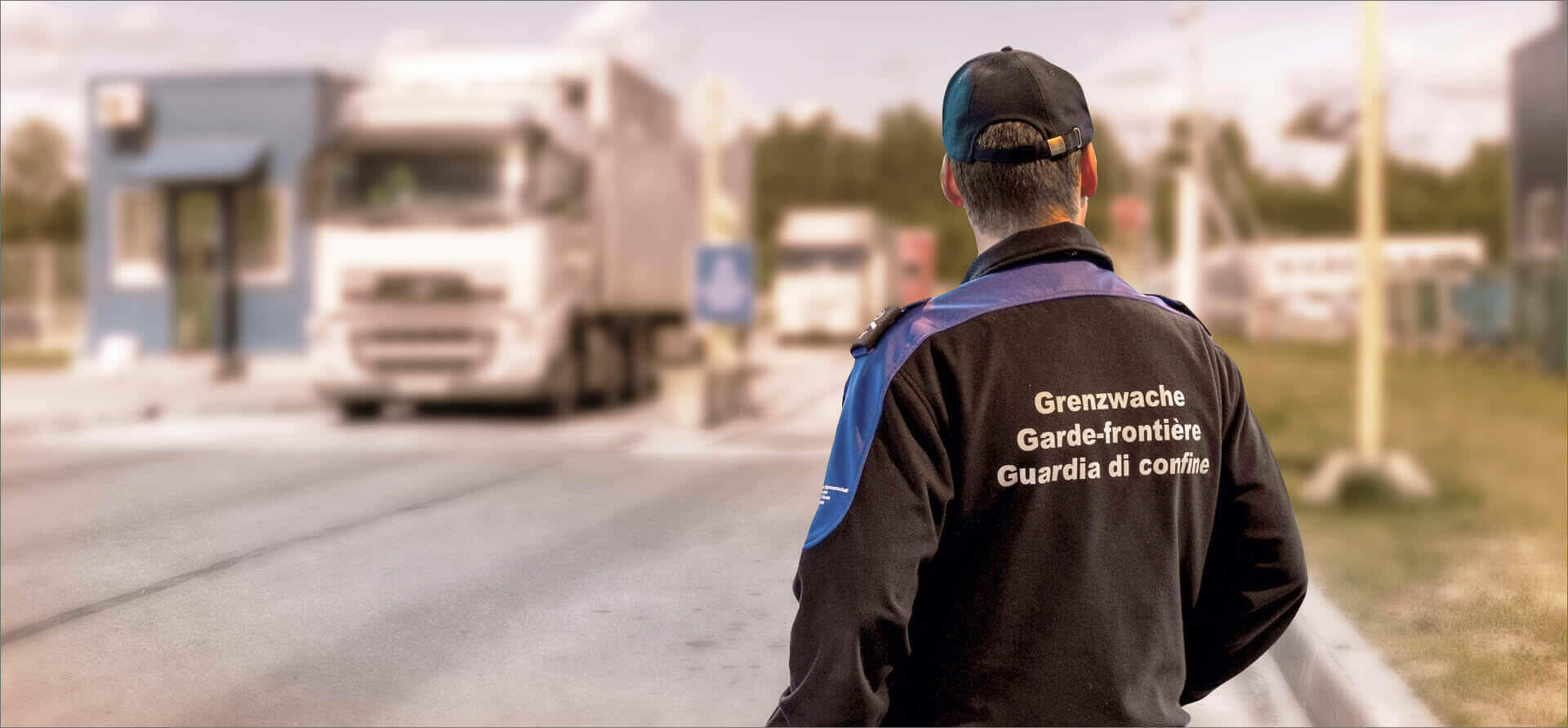The process of importing goods follows rules established by the countries and strictly observed by the people involved with shipping goods and who must know what to declare at customs and what regulations they are required to follow. Goods can be imported and exported around the world, as long as customs taxes are paid and the correct documentation is shown; trade is based on verification and fulfilment of customs practices that have very precise characteristics.
Foreign exchanges have often presented a series of problems and critical events connected especially with non-compliance with sanctionable criteria. The transportation of international goods is based on a new system that is faster and more selective, wherein controls do not cause slowing down or uncertainty. This system issues a certification called AEO, a quality brand issued by the customs authorities attesting to compliance with customs and tax regulations.
Temporary exportations provide for two important aspects: customs and taxes. The first concerns the possibility, according to the criteria, to move merchandise from one country to another through a restriction, which is the customs process. First, customs assistance must be guaranteed for the transportation and fulfilment of customs procedures to allow regular development of the shipping of goods.
The second, on the other hand, concerns a regulation ending fees on exported goods outside the European Community and exportation must be regulated within ninety days from the moment of delivery. Customs procedures involve approval given by a customs official on a copy of the accompanying bill and payment of the VAT, which is under the customs regulations in effect.
Customs verifications can cause the rejection of shipment of international goods. Criticisms were made in the past, especially in view of the cases of transfers with terms of free delivery to the factory or in the case of grouping procedures; that is, the movement of goods with cumulative customs bills made out to the shipper.
Importation of goods must comply with characteristics strictly connected with verification and calculation of customs fees. The computer system must reveal some elements and ensure that customs verifications give a positive outcome so that transport of international goods is successful.
The quantities of goods must be subject to verification in application of a duty calculated according to weight, the volume or the number of goods to import. If the procedure provides for application of duties ad valorem, e.g., the duties expressed in percentages on the customs value, in this case, the quantity is not subject to verification. In some cases, if customs finds inconsistencies in the commercial document, the number of goods must be ascertained.
Quality is another element of customs verification. It is one of the most important and the one determining imposition of duties and customs classifications. The duty to pay is part of the customs fees established in the regulations. All cost information is present on the website.
The origin of the goods may affect the duties pursuant to the criteria set out in article 24 of the Community Customs Code. It is important to know the country where the goods were produced. Shipment of international goods must be safe, and this depends on the rules that, at the time of verification, are established to understand the characteristics, where production begins, in which country it is completed, and what companies are equipped for this purpose.
Value is an aspect considered fundamental and different from the others because customs fees are determined based on this. Importation of international goods must comply with a series of conditions through which the price to pay is established. These elements are the commission and mediation costs, the cost of containers that, for customs purposes, are considered an integral part of the goods and the cost of packaging, which includes the materials and labour used for execution. Often, it is difficult to determine the number of pieces to be produced a priori; therefore, the entire value is declared directly from stamping to the first importation operations.
Customs verifications present innovations introduced especially with the intention of making shipment of goods faster and simplifying the procedures for monitoring the documentation receiving clearance from customs procedures. Technological tools can reduce costs and times for the company without impeding regularity of international commercial traffic and presenting obstacles to controlling illicit or counterfeited goods or items subject to fraud.
Customs assistance with shipments aims to adapt to technological innovations to give greater support to temporary exportation and to the process of importing goods and customs procedures, which must be perfect.
Customs duties are another aspect on which work is being done to give better information and transmit the calculation clearly and exhaustively. Users have the ability to consult the customs duties corresponding to each type of merchandise on the customs agency site. Having clear notions and procedures means not falling into error at the time of shipping the goods. Customs procedures must guarantee a certain security to users and for shipment of international goods for commercial traffic to continue to be a value of significant importance for the economy.

